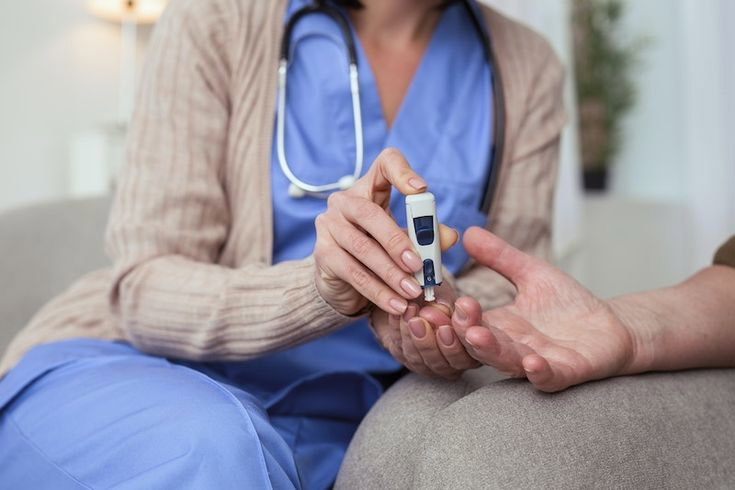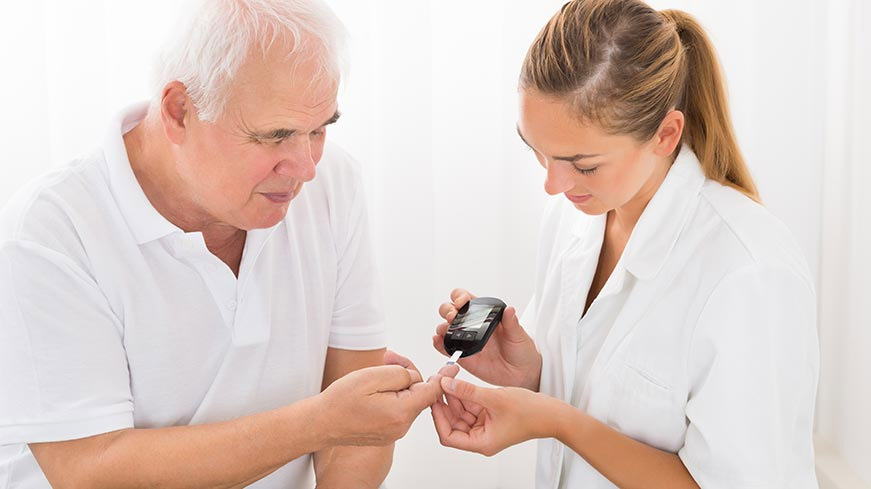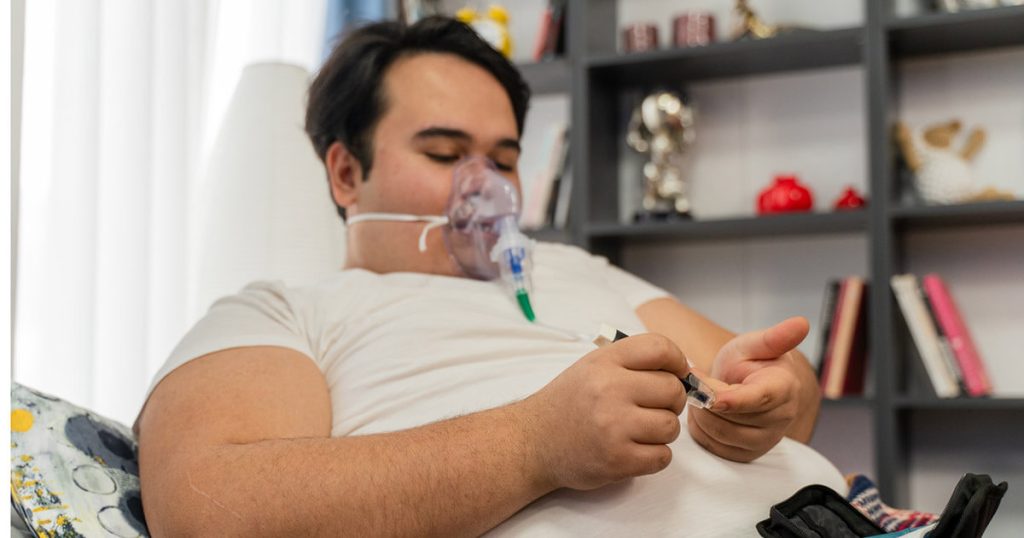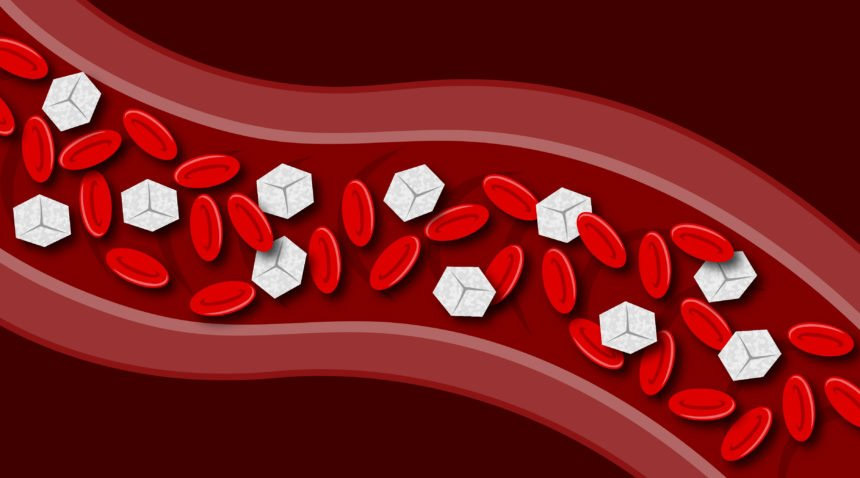Trending
Diabetes Awareness: Understanding The Types, Causes, And Why It Matters
When we talk about global health challenges, few are as widespread yet misunderstood as diabetes. That’s why Diabetes Awareness is more important now than ever before. Whether you’re living with diabetes, at risk, or simply want to support someone you love, understanding the basics is the first step toward prevention, management, and compassionate support.
What Is Diabetes?
Diabetes is a long-term condition that messes with how your body changes food into energy. Normally, when you eat, your body breaks it down into sugar (glucose) and sends it into your bloodstream. When your blood sugar goes up, your pancreas releases insulin, which acts like a key, helping sugar enter your body’s cells to give you energy.

If you have diabetes, your body either doesn’t make enough insulin or can’t use it properly. This means too much sugar stays in your blood, which can lead to serious health issues over time, like heart problems, kidney damage, vision loss, and nerve damage.
Raising Diabetes Awareness helps people spot the signs early, get diagnosed sooner, and avoid complications by taking care of themselves.
Types Of Diabetes
One of the most important parts of Diabetes Awareness is understanding that diabetes isn’t one-size-fits-all. There are different types, each with its own causes and treatment approaches.
1. Type 1 Diabetes
Often diagnosed in children and young adults, Type 1 diabetes is an autoimmune condition. This means the body’s immune system mistakenly attacks the insulin-producing cells in the pancreas. As a result, people with Type 1 diabetes must take insulin every day to survive.
Key facts:
- Only about 5–10% of people with diabetes have Type 1.
- There is no known way to prevent it.
- Warning signs include excessive thirst, frequent urination, sudden weight loss, and extreme fatigue.

Diabetes Awareness campaigns stress that no one causes Type 1 diabetes—it’s not about lifestyle or diet.
2. Type 2 Diabetes
Type 2 diabetes is by far the most common form, making up about 90–95% of diabetes cases. It usually develops over many years and is often diagnosed in adults, though it’s increasingly seen in children and teens due to rising obesity rates.

In Type 2 diabetes, the body becomes resistant to insulin, impairing its ability to utilize insulin effectively and maintain normal blood sugar levels. Unlike Type 1 diabetes, Type 2 can frequently be prevented or postponed with the right lifestyle choices.
Key facts:
- Major risk factors include being overweight, inactive, having a family history of diabetes, and being over age 45.
- Some ethnic groups—including African Americans, Hispanic/Latino Americans, Native Americans, and Asian Americans—have higher risks.
- Many people have no symptoms at first. Regular check-ups are crucial for early detection.
Raising Diabetes Awareness is crucial. By encouraging timely screenings and promoting healthier habits, we can take significant steps toward preventing this disease and enhancing our overall well-being. Let’s act now to protect our health and that of our loved ones.
3. Gestational Diabetes
This type occurs during pregnancy in women who didn’t have diabetes before. It happens when pregnancy hormones make the body less sensitive to insulin. Although this type of diabetes typically resolves after giving birth, its presence can increase the risk of developing Type 2 diabetes later in life for both mothers and their children.
Key facts:
- About 2–10% of pregnancies in the U.S. are affected by gestational diabetes each year.
- Good prenatal care and blood sugar control are essential for a healthy pregnancy.

Diabetes awareness campaigns play a vital role in urging expectant mothers to get screened during their pregnancies, ensuring early detection and better health outcomes.
Why Diabetes Awareness Is So Important
Investing in Diabetes Awareness is really important for a few reasons:
- Early Detection Saves Lives: Many people don’t realize they have diabetes until complications arise. Being aware helps them recognize warning signs and get tested early.
- Prevention is Possible: For Type 2 diabetes and gestational diabetes, lifestyle changes—like maintaining a healthy weight, eating a balanced diet, and exercising regularly—can significantly reduce risk.
- Better Management Improves Quality of Life: For those already diagnosed, knowing how to manage blood sugar and make healthy choices can prevent serious complications.
- Reducing Stigma and Misinformation: Some people wrongly believe diabetes only affects people who eat too much sugar. Diabetes Awareness campaigns debunk these myths, promote empathy, and encourage support.

Signs To Watch For: Don’t Ignore These Symptoms
A big part of Diabetes Awareness is knowing the warning signs. Common symptoms include:
- Frequent urination
- Extreme thirst or hunger
- Unexplained weight loss
- Blurred vision
- Slow-healing wounds
- Tingling or numbness in hands or feet
- Fatigue

If you or someone you know has these signs, see a healthcare provider as soon as possible.
Final Thoughts
Diabetes Awareness is about real people – concerned parents, supportive friends, and united communities. With over 400 million affected worldwide, understanding diabetes helps protect ourselves and our loved ones. Spread the word; every step towards awareness promotes a healthier world.




